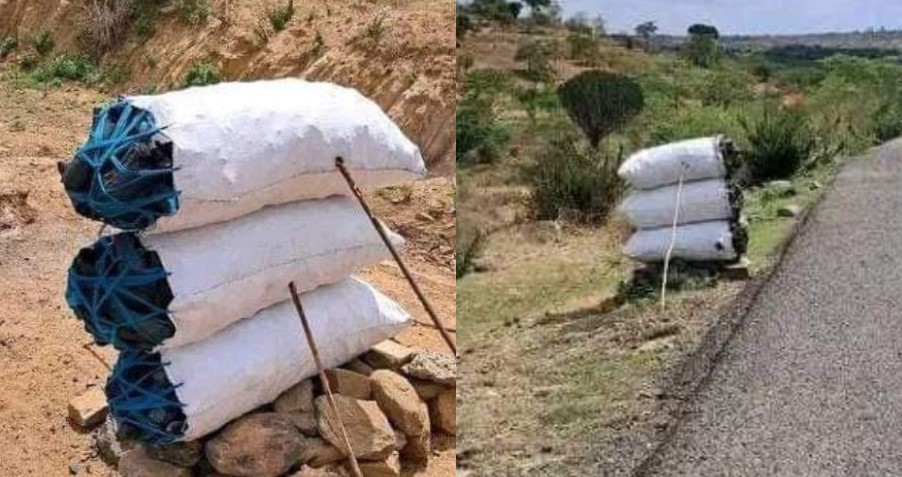In some local markets, the old-fashioned hustle of a busy salesperson has been replaced by a different kind of magic — Kambiti, where whispered superstitions and clever tricks turn the charcoal business into something that runs almost on its own.
Shoppers and vendors alike joke that in certain stalls you won’t find a hawker shouting prices or bargaining loudly. Instead, the process is eerily simple: pick the bag of charcoal you want, drop the money under one of the remaining bags, and walk away. The rest — according to market lore — is handled by Kambiti’s juju.
Sellers explain the system with a wink. If a buyer tries to cheat the change or runs off without paying, the bag they took will suddenly “catch fire” — not literally, but with misfortune: the charcoal won’t light properly, it will produce too much smoke, or the buyer will have trouble sleeping until they return to make things right. For many, the stories are told half in jest, half as a warning — a social contract enforced by belief and local reputation.
Whether you call it tradition, theatre, or plain market psychology, the legend serves a purpose. It discourages theft, speeds up transactions, and creates a memorable customer experience. In tight-knit communities where word travels fast, a few well-timed tales about bad luck are often more effective than a padlock or a CCTV camera.
Of course, skeptics laugh it off as clever salesmanship — a cultural nudge that keeps honesty and order. But for those who’ve had the misfortune of “stealing” a bag and needing to return it, the lesson sticks. And for everyone else, Kambiti’s juju remains a delightful slice of market folklore: part commerce, part community enforcement, and all part of the colourful life of local trade.



